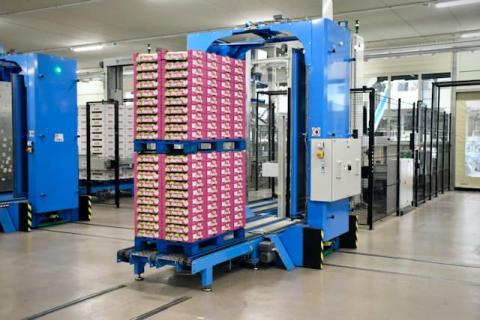IoT in Logistics: Streamlining Supply Chains
The use of Internet of Things (IoT) technology is revolutionizing the logistics industry transforming it into an tech savvy sector. By incorporating sensors real time data analysis and automation logistics operations are becoming faster, smoother and more resilient. This shift, towards IoT in logistics, is reshaping how goods are transported from one place to another enhancing supply chain performance and adaptability.











